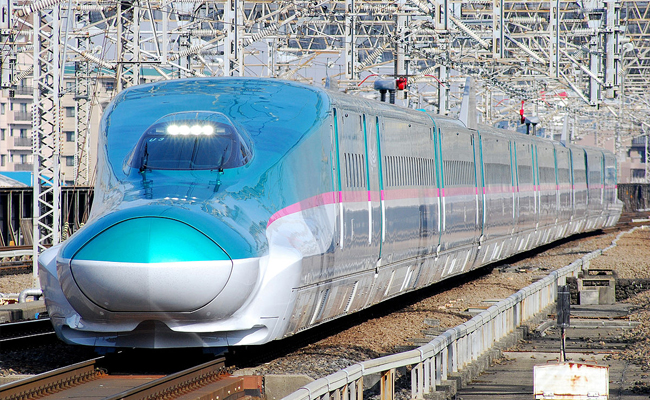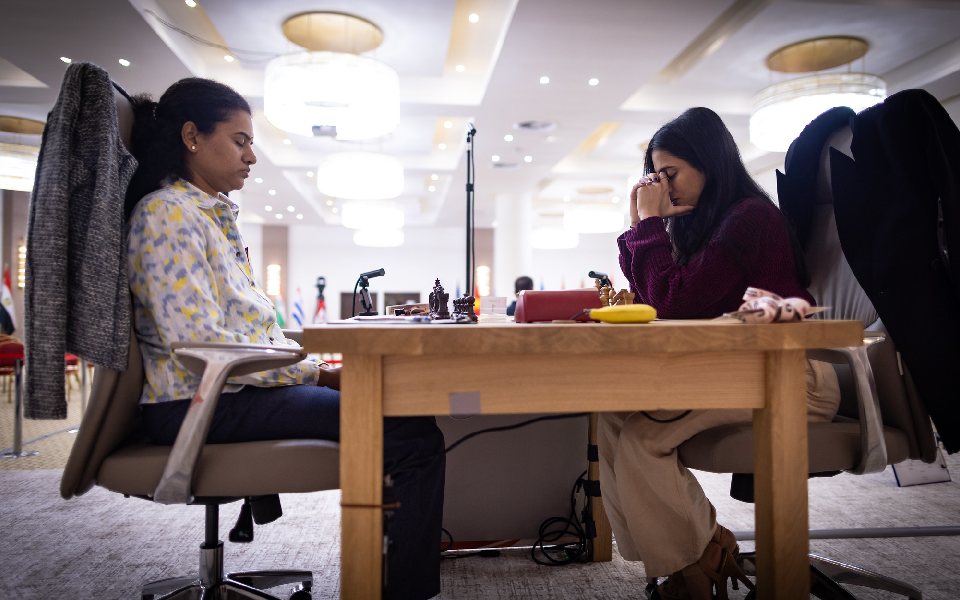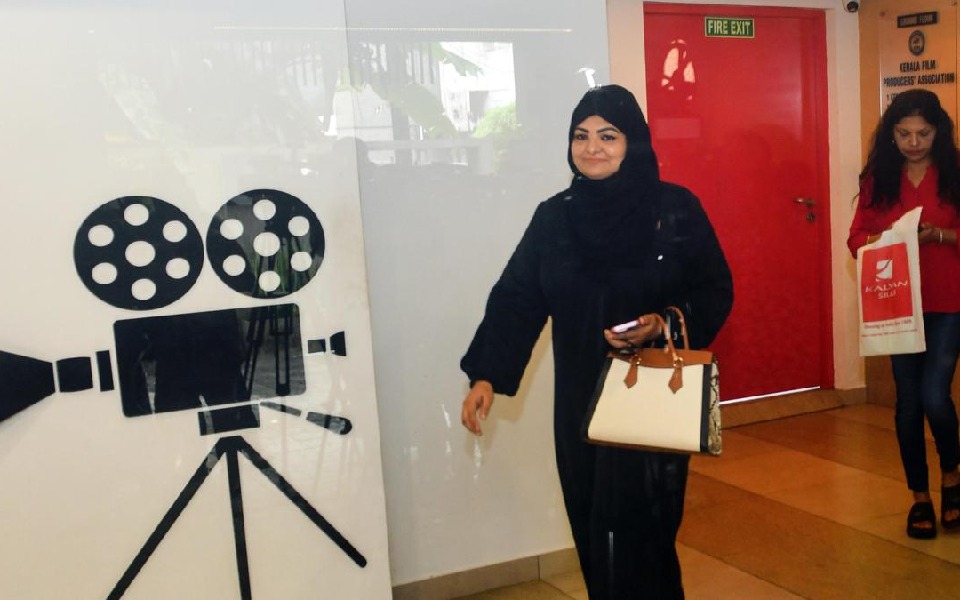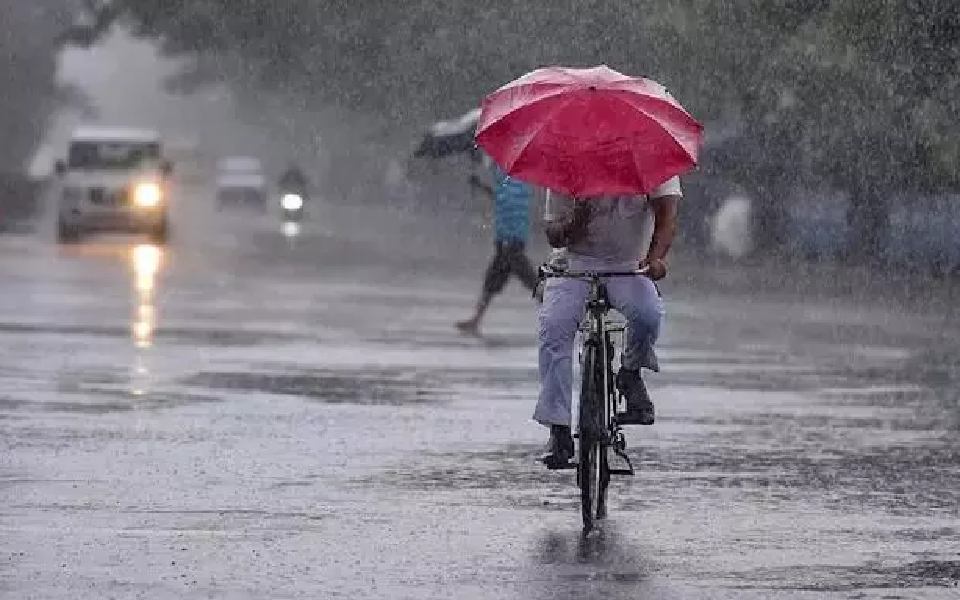Bengaluru (PTI): BEML Ltd has been awarded a contract valued at Rs 866.87 crore by the Integral Coach Factory (ICF), Chennai, for the design, manufacturing, and commissioning of two high-speed trainsets, each comprising eight cars.
This project marks a significant milestone in India's high-speed rail journey and will see the first indigenously designed and manufactured trainsets with a test speed of 280 kmph, the Public Sector Unit said in a statement.
The trainsets will be built at BEML's Bengaluru rail coach complex and are scheduled for delivery by the end of 2026, the statement read.
It added that the the high speed train set features a fully air-conditioned, chair car configuration, the trains will offer modern passenger amenities such as reclining and rotatable seats, special provisions for passengers with restricted mobility, and onboard infotainment systems
Let the Truth be known. If you read VB and like VB, please be a VB Supporter and Help us deliver the Truth to one and all.
Batumi (Georgia), Jul 26 (PTI): Young Indian International Master Divya Deshmukh held her nerves to hold stalwart Koneru Humpy to a draw in game 1 of the FIDE Women's World Cup final, with both players having their share of opportunities to take the lead here on Saturday.
The draw with black means Humpy, the two-time World Rapid champion, holds a slight edge going in the second and final game under the classical chess rules in the two-game mini-match, and should the deadlock continue, games of shorter duration will be played to determine the winner.
Humpy employed the Queen's gambit accepted as black and it turned out to be a pretty fascinating game right out of the opening as Divya, 19, came up with a piece sacrifice early to deny the black king the right to castle.
Humpy was the first to err and, according to computers, Divya had things under control on the 14th move. However in her bid to recover the extra material, the Nagpur girl, who has secured a place in the Candidates tournament with her sterling performance here, missed a promising continuation.
What followed the exchange of all minor pieces and the ensuing queen and rook endgame gave enough counter play to both players. The game was eventually drawn after Humpy sacrificed her rook to force perpetual checks.
"The game saw an extremely sharp battle with the game ending in a draw in 41 moves. On move 7, Divya made her aggressive intentions clear by offering another pawn,
which looked like home preparation. Humpy made a practical decision of refraining from taking the pawn and a balanced position was reached by move 10 by white," said Grandmaster Pravin Thipsay, an Arjuna awardee and the first Indian to get a chess Grandmaster norm.
"However, instead of developing the undeveloped Knight, Humpy retreated the centralised Knight on move 10, giving huge positional advantage to Divya. Divya could have gained huge positional advantage on the 12th move by moving a rook. However, she chose to play for King side attack by sacrificing a piece instead.
"Humpy, too, erred at this stage and instead of moving the King to Queen side, moved it to the King side. Divya, on move 14, could have obtained a crushing attack by threatening a mate by developing her Queen. Instead she chose to exchange a pair of Bishops first, which enabled Humpy to defend her King by returning the piece," said Thipsay.
"Players thus reached a balanced Queen and two Rooks ending. Divya continued to play ambitiously and tried to attack Humpy’s King but the latter defended accurately and the game was drawn in 41 moves by perpetual check," he added.
In the play-off for the third place, Chinese players Zhongyi Tan, the former women's world champion and top seed Lei Tingjie also decided to split points out of a Queen’s gambit declined game.
The opening raised visions of a close contest between the two but having been knocked out of title race in the previous round, none of them wanted to take any huge risk. It was still a middle game when the players shook hands.
With the top two positions sealed for the Indians, the berth to the next Candidates is also assigned, while the player finishing third will also get an entry to the premier event scheduled for 2026.
Results: Divya Deshmukh (Ind) drew with Koneru Humpy (Ind); Zhongyi Tan (Chn) drew with Tingjie Lei (Chn).





